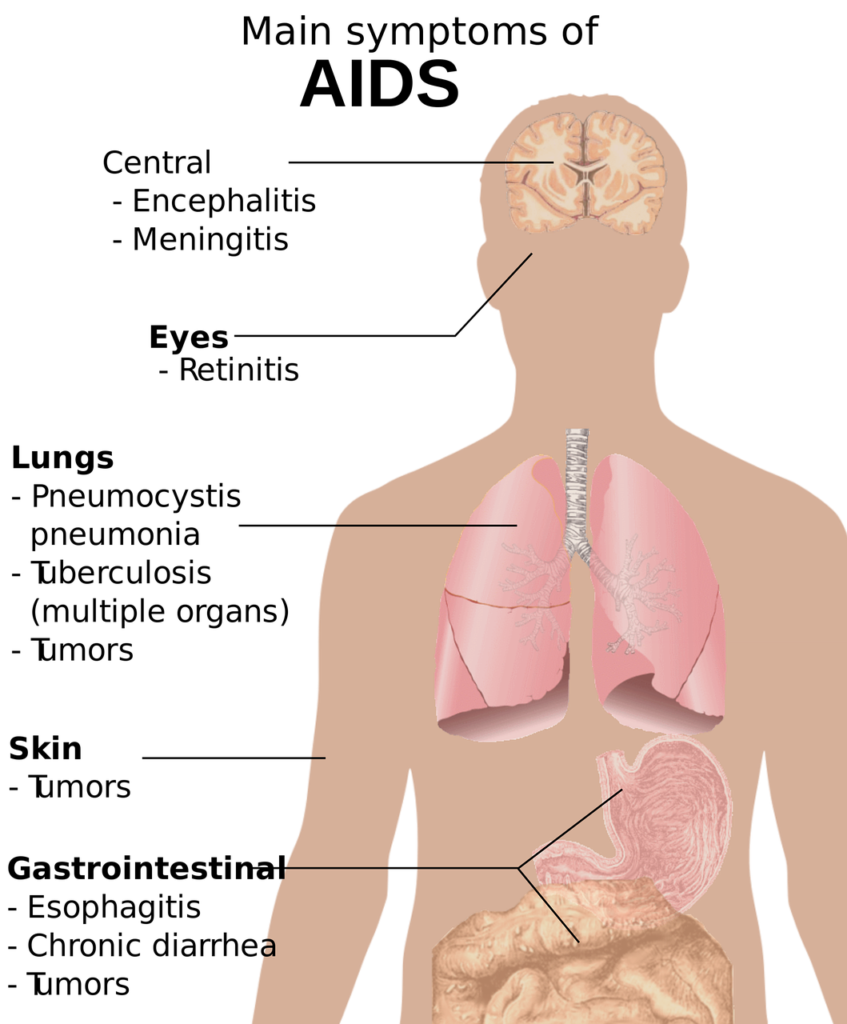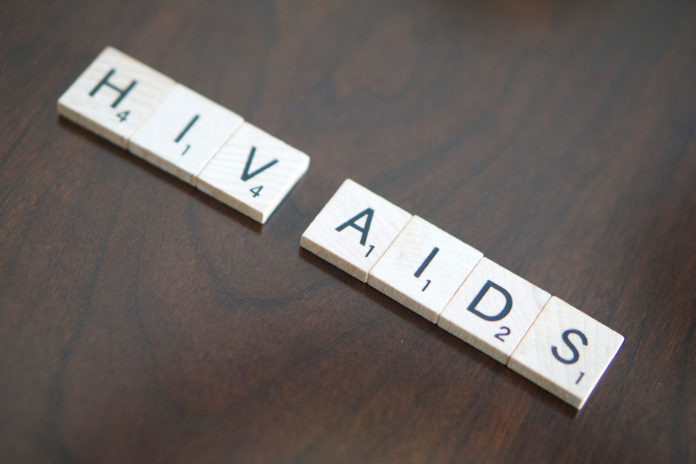New project aims to provide long-lasting HIV treatment and/or protection from a single injection
Researchers at the University of North Carolina School of Medicine have been awarded a grant from the National Institute of Allergy and Infectious Diseases to develop next generation, ultra-long-acting antiretroviral formulations for HIV treatment.
HIV transmission can be efficiently halted by effective treatment of those infected or by pre-exposure prophylaxis of individuals at risk of exposure.
However, the effectiveness of these approaches to prevent HIV transmission require strict adherence to dosing regimens.
Lack of adherence represents a major challenge to the implementation of HIV prevention efforts and the development of next generation, ultra-long-acting antiretroviral formulations for HIV treatment has the potential to dramatically improve adherence.
Researchers have developed a new implantable drug delivery system for long-lasting HIV prevention that has shown promise in testing with animal models

UNC researchers Martina Kovarova, PhD, and Rahima Benhabbour, PhD, have developed a new implantable drug delivery system for long-lasting HIV prevention that has shown promise in testing with animal models. This new grant will enable UNC investigators to continue and expand upon that study.


The injectable formulation includes an anti-HIV drug, a polymer, and a solvent. The three-compound liquid solidifies into an implant once injected under the skin. As the polymer slowly degrades, the drug is released. A preliminary study found that the implant delivered the drug effectively for five months. Also, this research demonstrated that the implant can be quickly and safely removed, if needed, in case of an adverse reaction or other medical emergency.
“Our long-term goal for this collaborative is to develop a delivery system for long-acting therapy and Pre-exposure prophylaxis (PrEP) that can offer durable and sustained viral suppression and protection from HIV transmission while providing flexibility in the choice of active ingredient, high efficacy of HIV inhibition, and increased user compliance,” said Angela Wahl PhD, an assistant professor of infectious diseases at the UNC School of Medicine, who will also be collaborating in this new project.
“Using state of the art in vivo models of HIV transmission, we will evaluate the efficacy of these formulations for treatment. In addition, we will also test their efficacy for HIV prevention against all four major routes of HIV transmission: rectal, vaginal, oral, and intravenous,” said co-investigator J. Victor Garcia, PhD.


